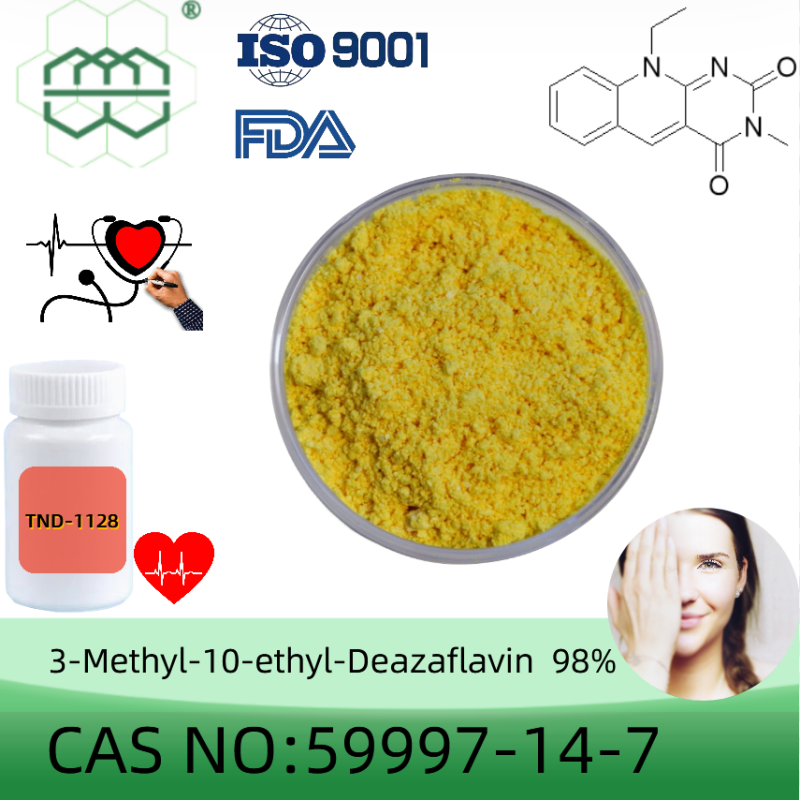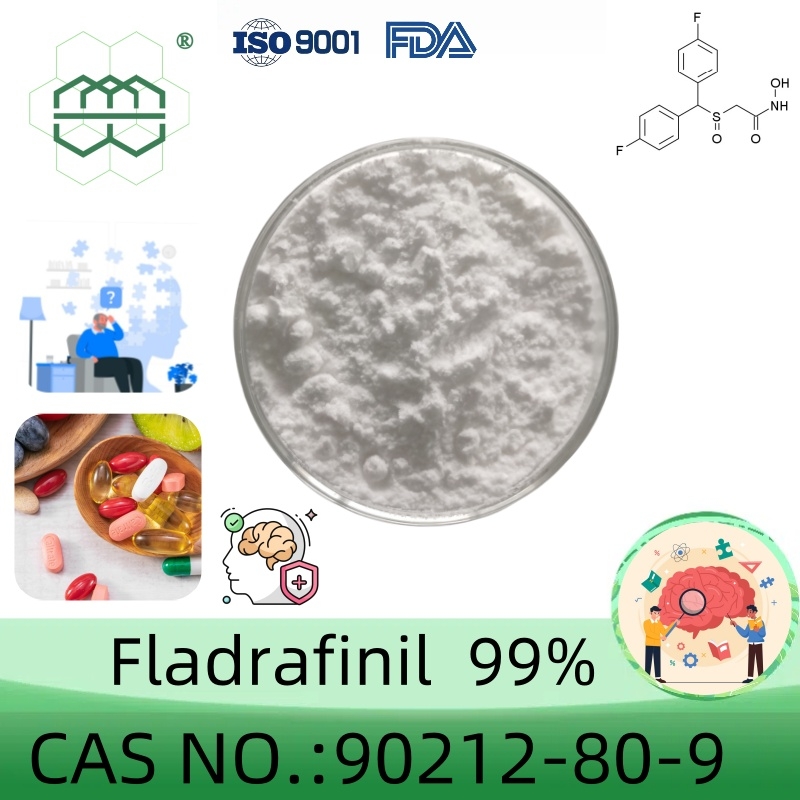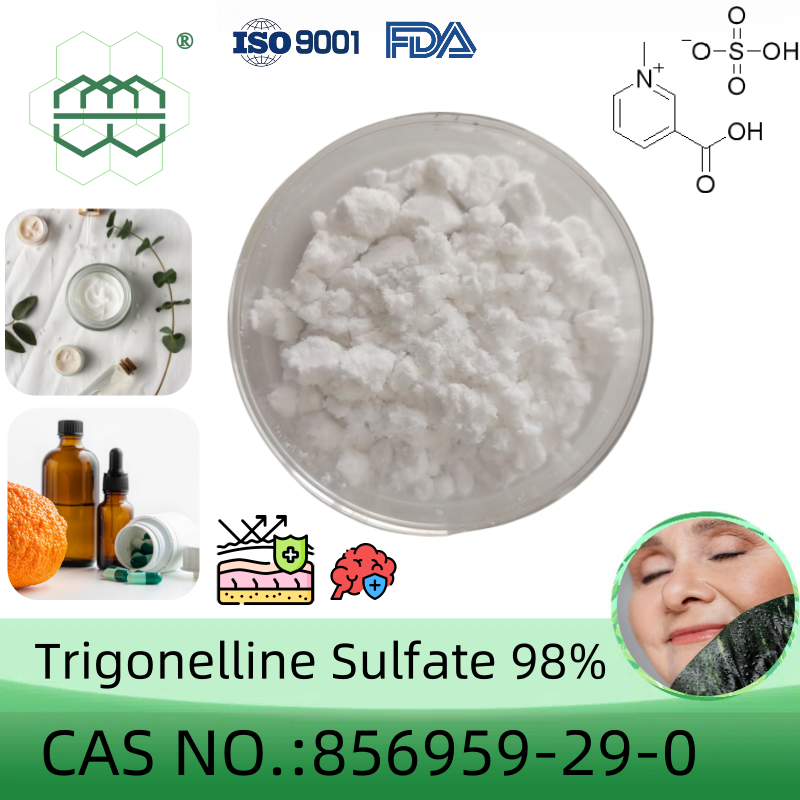-
Categories
-
Pharmaceutical Intermediates
-
Active Pharmaceutical Ingredients
-
Food Additives
- Industrial Coatings
- Agrochemicals
- Dyes and Pigments
- Surfactant
- Flavors and Fragrances
- Chemical Reagents
- Catalyst and Auxiliary
- Natural Products
- Inorganic Chemistry
-
Organic Chemistry
-
Biochemical Engineering
- Analytical Chemistry
-
Cosmetic Ingredient
- Water Treatment Chemical
-
Pharmaceutical Intermediates
Promotion
ECHEMI Mall
Wholesale
Weekly Price
Exhibition
News
-
Trade Service
A team from 15 U.
S.
medical centers, led by researchers at the University of Texas' Southwestern Simmons Cancer Center, is the first to analyze a potentially game-changing drug for the treatment of urothelial cancer
.
Their findings, published in the journal Uro-Oncology, show how this treatment could be used and how it has the potential to save patients from the ordeal of kidney removal and potentially lifelong dialysis
.
"This drug, UGN-101, was approved
on the basis of trials in a limited number of patients.
Our new study is the first post-marketing analysis to understand how physicians use this drug in their daily practice and how their patients outcomes," said Solomon Woldu, MD, assistant professor of urology, who co-led the study
with Yair Lotan, M.
D.
, professor of urology.
Both are members of the Harold C.
Simmons Comprehensive Cancer Centre at the University of
New South Wales.
Dr.
Woldu explained that UGN-101, also known as the brand name Jelmyto, is a unique reformulation of mitomycin, a chemotherapy drug
long used to treat bladder cancer.
However, mitomycin has been shown to be ineffective in treating upper tract cancers, including ureters and kidneys, because it flows from the upper urinary tract and has limited
contact time with the tumor.
Yair Lotan, MD
Dr.
Woldu said that if there is no effective chemotherapy for these tumors, patients often have to remove the diseased kidneys and ureters, which may require dialysis
for patients with pre-existing kidney damage.
To solve this problem, UGN-101 adds mitomycin to a gel that is liquid at low temperatures but thickens
at body temperature.
As a result, UGN-101 can stay in the upper urinary tract long enough to kill tumor cells and gradually break down over time, Dr.
Woldu said
.
To better understand the use of the drug, which received food and drug administration approval two years ago
.
Woldu and Lotan worked with colleagues at 15 medical centers to treat a large number of people
with on-the-road urothelial cancer.
These cancers account for about 5% to 10%
of all urinary cancers.
The team collected data on 132 patients treated for 136 cancers, 4 of whom had bilateral diseases
.
Three-quarters of patients received an induction course of UGN-101, including a 6-week dose, and 27% received a monthly maintenance dose
.
About 43 percent of patients whose tumors have been removed are seeking treatment with UGN-101 to prevent recurrence, which is common for these cancers
.
About 3 months after the initial course of treatment, about 69% of patients who had removed the tumor before treatment did not relapse
.
In patients with low-grade tumors smaller than 1.
5 cm, 70% of tumors are removed
.
Even in patients with tumors larger than 3 centimeters, about a quarter of the tumors disappeared
.
About 15% of patients develop a urinary tract infection during treatment, a common side effect of the drug, and about a quarter develop ureteral strictures, which obstruct the flow of urine from the kidneys to the bladder
.
Dr.
Woldu says that while these are important, they pale in comparison to losing a kidney and possibly needing dialysis
.
Only 5 patients required surgery to remove the diseased kidney
.
"Patients with up-and-road urothelial carcinoma often have the option of lifelong dialysis or no treatment for the cancer," Dr.
Woldu said
.
"This drug has great potential to save their lives
.
"







